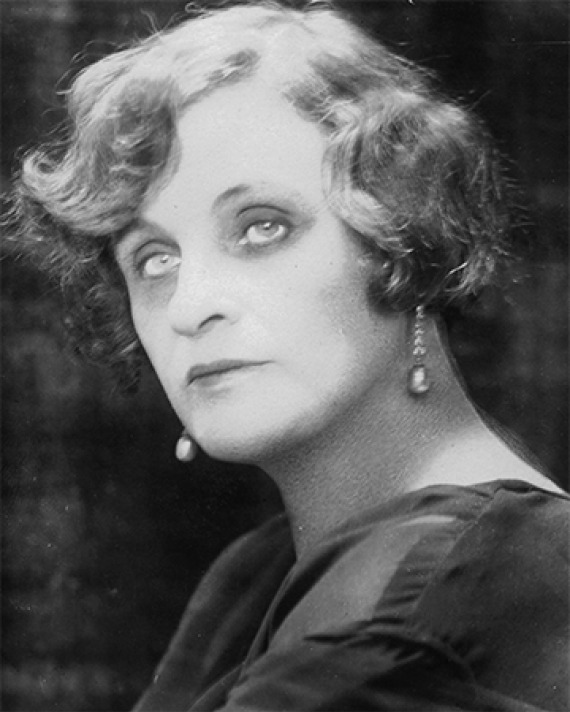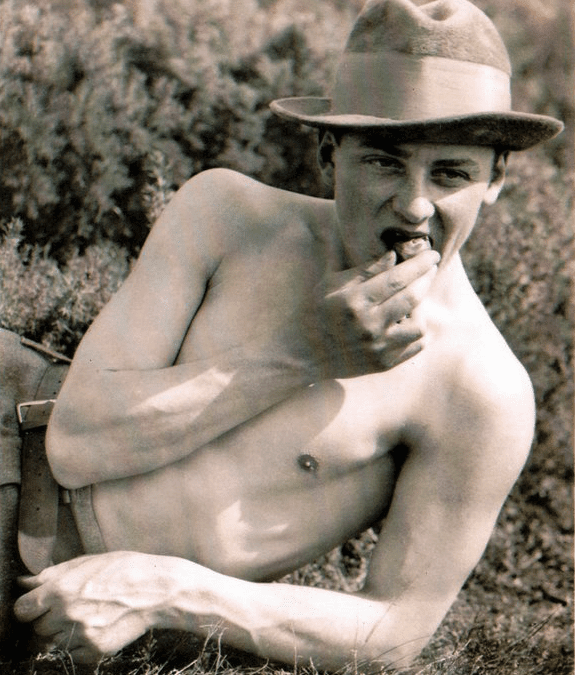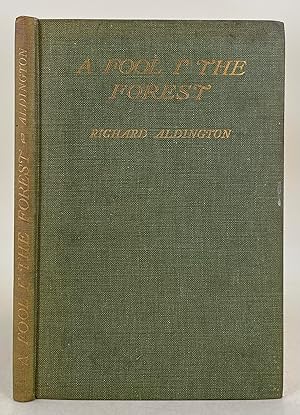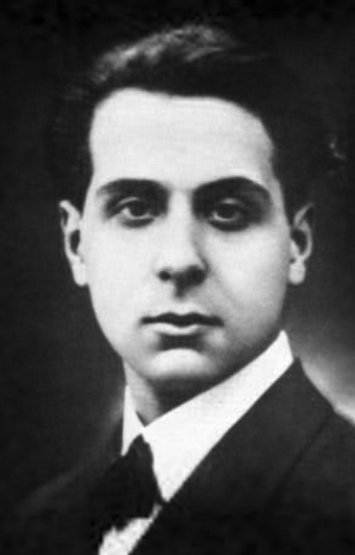The following is a pre-edited version of a review published here in the May 2016 issue of The Literary Review.
Memories: From Moscow to the Black Sea
Trans. Robert and Elizabeth Chandler, Anne Marie Jackson and Irina Steinberg
Intro. Edythe Haber
Pushkin Press, 2016, 263 pp.
Rasputin and Other Ironies
Ed. Robert Chandler and Anne Marie Jackson
Trans. Robert and Elizabeth Chandler, Rose France, Anne Marie Jackson
Pushkin Press, 2016, 220 pp.
Anglophone fans of Teffi have had to wait only two years since Subtly Worded, her remarkable collection of short stories, for two further volumes to appear. Her Civil War memoir (Memories), and collected shorter reminiscences (Rasputin), come again from the Pushkin Press, Robert Chandler, and other excellent translators.
From these we gain a much better sense of Nadezhda Buchinskaya as a person. No longer do I think of her as the female Chekhov, or the Russian Saki, but simply as Teffi. Or rather, unsimply, since she is both robust and vulnerable, sensible and absurd, compassionate and satiric. I wish that the portrait of her, described in her essay on Repin, had survived and become part of the current Tretyakov exhibition at the National Portrait Gallery. It would have been fascinating to see what, from that complexity, Repin had managed to capture.
The wry perceptiveness which were apparent in Subtly Worded’s ‘Rasputin’ and ‘My First Tolstoy’ (reprinted in Rasputin) appear again in her observations of ‘The Merezhkovskys’, of her quixotically-mendacious friend ‘Liza’, and of her messy Montparnasse desk, in ‘How I Live and Work’.
Her account of Lenin, whom she encountered when working for his briefly-legal Bolshevik journal New Life in 1905, is keenly aware of his single-mindedness, impersonality, and lack of pride, despite her obvious loathing from him (he axed the journal’s literary section on the grounds that it was irrelevant to workers). She also discerns a key weakness of many of the Bolshevik leaders, their ignorance of actual events, and obsession with ‘the Mensheviks’, ‘Plekanov’, and ‘co-optation.’ She was not to know it, but the Bolsheviks who succeeded (Lenin and Stalin) were exceptions to her observation, and kept their ears very close to the factories indeed.
The new volumes also reveal new sides to her. One is her Christianity. Her most treasured possessions emerge as being her icon and her cross. In one exilic poem, she makes the sign of the cross ‘Before a Map of Russia’.
She is also revealed to have certain faults. Some of the biographical details she gives are wrong. She wasn’t an intuitive mother to her daughter ‘Valya’ (‘We were not well matched’). She values female beauty and disdains female ugliness to a degree that will feel odd to many readers today.
She can also be unworldly. When faced by officials, she not only cannot remember the date, but the year. And her name. She has a horror of public speaking, and gives an account (worthy of Kingsley Amis in its hilarity) of checking in on a performance of one of her plays, only to find that on that night at that theatre she was scheduled to give a talk about the new cinema, on which she has nothing whatever to say. She flees her would-be handlers, rushes home, takes her phone off the hook, buries herself in bed, and tells us only: ‘How fortunate it is that everything in the world comes to an end’.
Her unworldliness can also make her passive. When her acquaintances are frantically arranging to flee Odessa, she stays in her hotel room, eventually to be told: ‘Really, madame, it’s as if you’ve been living on the moon’. Perhaps she is in shock. But there is in her passivity also a hint of the prima donna. She has not only had the privileged upbringing described in such essays as ‘Love’, but she is a literary superstar, and when her evacuation is not other people’s priority, she is bemused.
Nonetheless, unlike the protagonist of Mikhalkov’s 1976 film A Slave of Love (an airheaded film-star also in Odessa during the Civil War), she is deeply aware of the horror around her. And Memories is an astonishing achievement, which, like Quiet Flows the Don, and for many of the same reasons, deserves to be turned into a film. It is both a thriller, and an unforgettably personal account of one of the worst periods in Russian history.
Just ten years later, Teffi was writing for her fellow Russian expats in Paris about events and people many of which they had known themselves. There is therefore a need for footnotes, which the translators scrupulously provide. Teffi relishes proleptic plangencies when she can (telling us that so-and-so would, in the future, be executed), but the footnotes multiply these, summarising fates which Teffi herself could not then know.
The book describes her 1918 visit to Kiev to give some readings and to escape Moscow until its Bolshevism had receded. But Bolshevism, rather than receding, extends further South, pushing her and fellow Whites to Odessa, Novorossisk, and Ekaterinodar: ‘south, always further south, and always without any deliberate choice’. From there, as the book does not narrate, she sails to Constantinople, and eventually to Paris.
She had always felt that her fictional characters had wills independent of her own. But during the War she experienced the reverse in her own life, of being controlled by a godlike fate. Yet her understanding of art and life coincide when she reflects that novels’ endings often feel hurried and botched, precisely because endings in life are like that. Thus she brings her book-length account towards its close by noting: ‘Those last days in Novorossisk before our contrived, unexpectedly far-fetched departure were equally hurried and uninteresting’.
Her trademark ability to describe humour even in the midst of danger comes across strongly. An actress arrested by the Cheka for reading out one of Teffi’s short stories is released when her judge recalls that story to have been recited to ‘comrade Lenin’. A friend, buying back his looted possessions from his peasants, discovered his portrait of Teffi in an icon corner, mistaken for a ‘holy martyr’. She reveals with underplayed irony how communism takes over the White boat on which she flees Odessa, since manual labour must be done by the fine-clothed passengers, and food must be rationed according to need.
Her descriptions of horror cling finely to the motions of the perceiving mind. At one point, terrifyingly stuck in a Bolshevik shtetl, she wonders too close to a killing ground, and sees, at the edge of her eye and her mind, a human arm being gnawed by dogs. She conjures vividly the febrile atmosphere of the Ukraine to which half of Russia’s artistic talent has fled (although others, such as Akhmatova and Pasternak, stayed behind and survived): ‘For a moment all this seems like a festival. But soon it begins to feel more like a station waiting room, just before the final whistle.’
Finally, she evokes the confusion of political circumstance in Ukraine where a threat was perceived to be emanating from Russia, but in fact relied on local support; where a nationalist movement was floundering; and where Western powers, having intervened in their own perceived interests, then decided to withdraw. A mess then, and a mess now. Modern Ukraine could do with some reporters as wise and humane as Teffi; though I would not inflict it on her.




